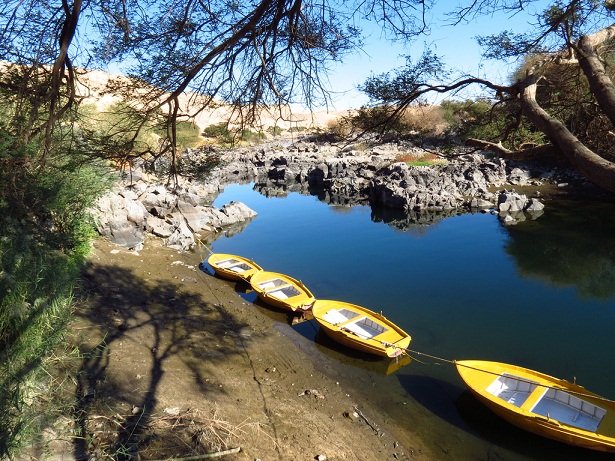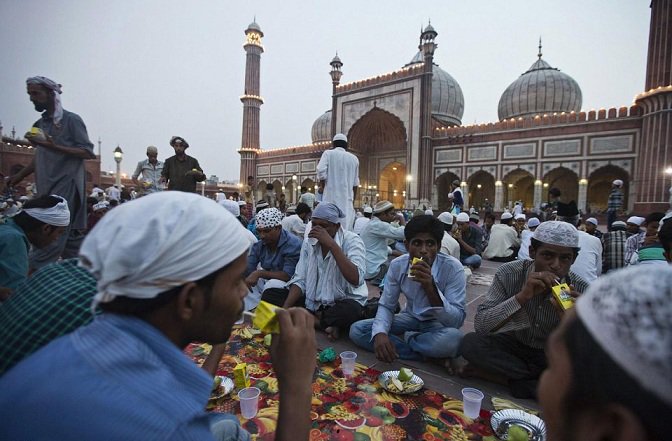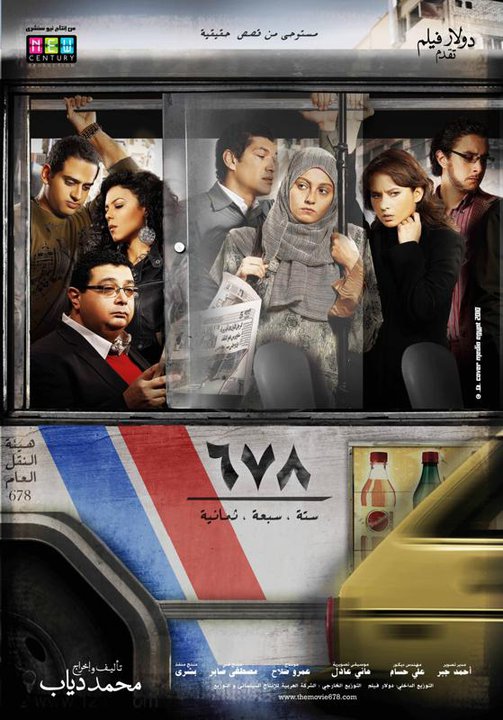The Cairo glitterati were out in force to support the arts in Abdeen Square on Saturday in the biggest post-Jan. 25 cultural event to date.
“Al Fann Midan” (Art is a Square) is the first ever festival put on by the Independent Artists Coalition, a company conceived of and born during the revolution. The festival was one of many identical events simultaneously held in cities all over Egypt. Funded entirely by meager donations and relying on volunteer work, this group of artists seeks to make post-revolutionary art and music available to the general public, to bring art “out into the streets.” The Coalition plans to hold this festival on the first Saturday of every month.
Spotted in the crowd were Grammy-award winner Fathy Salama, poet Amin Haddad, Mohamed Saleh of the Cairo Opera house, photographer Mohamed Fathy Radwan and many others.
The revolution and the politics of art was a recurring topic on Saturday. Mohamed Saleh pointed out that ousted president Hosni Mubarak and his regime would only allow public displays of the people’s spirit in football matches. “Something has changed…we must invest the national spirit that gathered people for football and [channel it] into other things.”
Others spoke of the role of the Ministry of Culture, and most were skeptical. Many people wanted to know why there was no support for this festival and complained about the misappropriated funds. In what seemed to be a vestige of the old regime, very few were willing to go on record about the larger political landscape, preferring to let their presence and art speak for them. They were still cautiously testing the waters of free speech.
At 12:30 pm, the stage was still being constructed. Younger looking musicians milled about, waiting for its completion. Kareem Hossam, speaking for his band, Rooftop, said it was “an honor” to be playing here.
Behind him, art students painted trees and pavement in the square with messages of hope and solidarity while waiting for the show to begin. Al Warsha, a charity group seeking to economically empower poor people by teaching them artistic craft skills, set up a table alongside vendors selling tea, t-shirts and other souvenirs.
By 4 pm there still wasn’t any music, but a cacophony of clowns, mimes, puppeteers, street dancers and other entertainers were roaming through the crowds. At the center of this carnival stood Karima Mansour, one of the organizers of the festival. Under normal circumstances she is a dancer and a choreographer but on Saturday, she was singing in the Cairo Choir Project. When asked if the revolution has affected her art, she replied thoughtfully, “It is too easy to say yes; too soon to tell if there is any difference in my own work, but being [an artist in Egypt] is a political act.”
Set against the backdrop of King Farouk’s former palace, in a square that was once heavily controlled by Mubarak’s regime, it was easy to see what she meant.
Finally, Rooftop took the stage and the crowd moved forward to listen to the show. Their sound was fresh and, much like the recent revolution, has not fully developed yet. The crowd swayed to the jazzy melodies, mixed with a bit of funk for an upbeat fusion sound.
Bands come and go, many of them sounding much like the next, all jazz based, a style has taken hold of Egypt. The musically anarchistic composition of the genre combined with the heady enthusiasm of the revolution made for an irresistible combination nonetheless.
Just after 5:15, Rami Issam took the stage. The crowd mushroomed out of nowhere. His music was slow and rhythmic; he spoke over his melodies more than he sang. Don’t mistake slow for boring, his music grabbed the audience and they were fixated on every word he sang.
Musically, Issam has broken away from the throngs of experimental jazz musicians to find his own sound, a compelling mixture of classic jazz, spoken word and a hint of rock and roll. His music has a pleasant simplicity reminiscent of Woodie Guthrie, an American folk music singer in the 1930s and 40s — another era of social and political revolution.
With his back to Farouk’s palace Issam embraced the crowd. The energy was electrifying as he led them from song to song, people clapping along to his defiant and soulful lyrics. Behind the stage were layers and layers of barbed wire, some sandbags and a large contingent of military force. They stood there, taking turns watching the crowd for signs of trouble. Soldiers farther back, standing near a row of tanks behind the palace gates, poked their heads between the bars to get a better view. One soldier started dancing in place but snapped to attention when noticed.
The Cairo Choir Project, a motley group made up some professional entertainers and others who simply love to sing, were next. Performing their own compositions, the choir’s voices were infectiously joyous. The faces of the crowd relaxed into a pleasant happiness. They personified the words uttered by Emma Goldman, a Russian born American feminist and anarchist, “If I can’t dance, I don’t want to be part of your revolution.”

A member of charity group Al Warsha.

The festival was set against the backdrop of King Farouk’s former palace in a square that was once heavily controlled by Mubarak’s regime.


